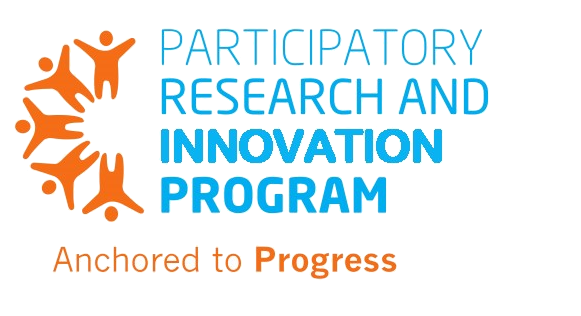Women, especially in developing countries, often bear a heavier burden when it comes to the impacts of climate change.
This is due to factors such as their roles in caregiving, agriculture, and water resource management, as well as limited access to resources and decision-making power. Climate change exacerbates existing inequalities, with women often having limited access to land, financial resources, education, and technology.
This restricts their ability to adapt to changing environmental conditions and make a living. Climate-related disasters can increase the risk of gender-based violence against women, including sexual harassment, exploitation, and domestic violence. Displacement and loss of livelihoods can further exacerbate this vulnerability. PRIP advocates for the meaningful inclusion of women in decision-making processes related to climate policy, adaptation, and mitigation efforts. Empowering women to participate in these processes is crucial for crafting effective and equitable solutions. We prioritize the creation of sustainable livelihood opportunities for women, including promoting climate-resilient agriculture, clean energy access, and income-generating activities that benefit both women and the environment.

